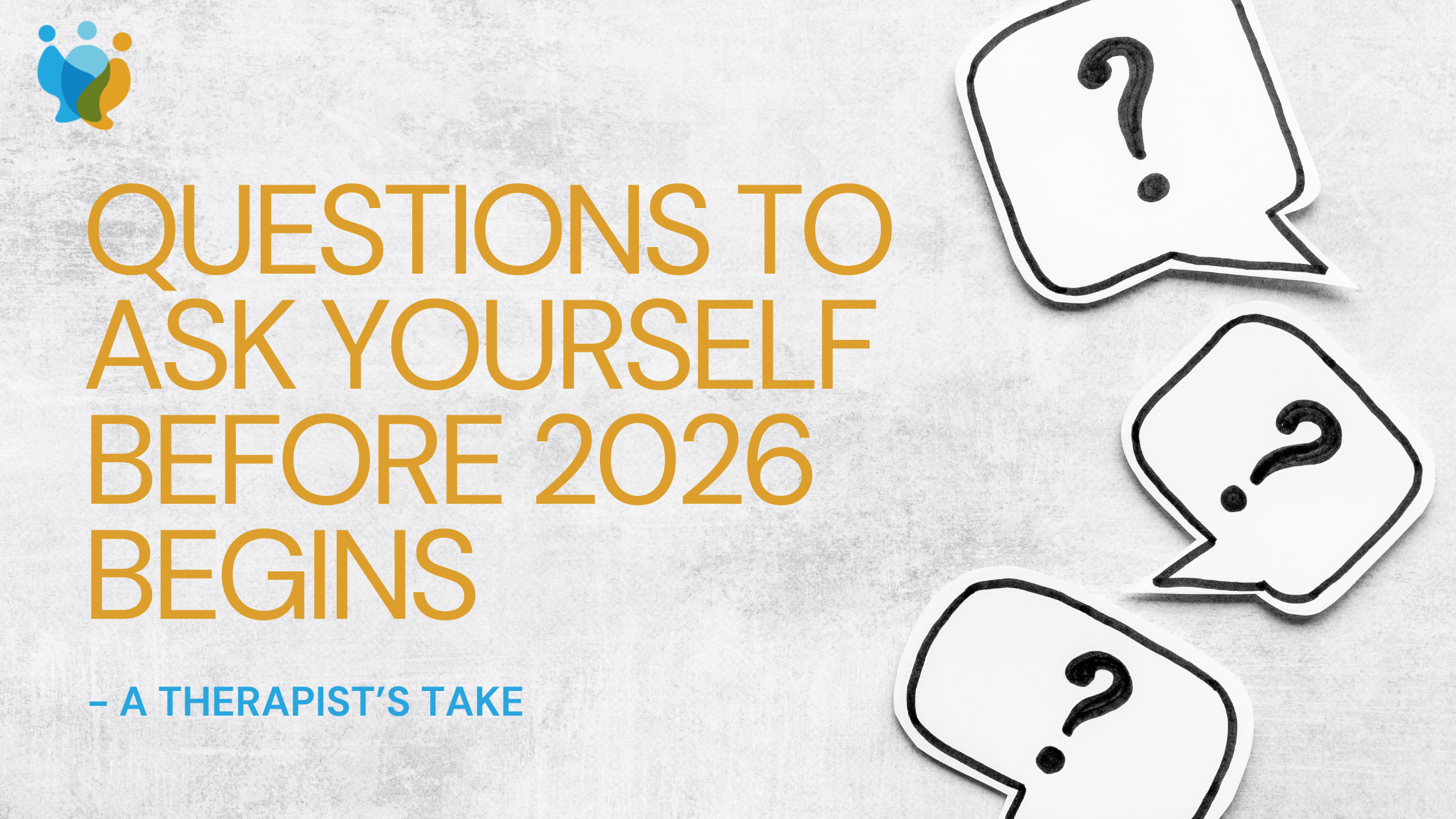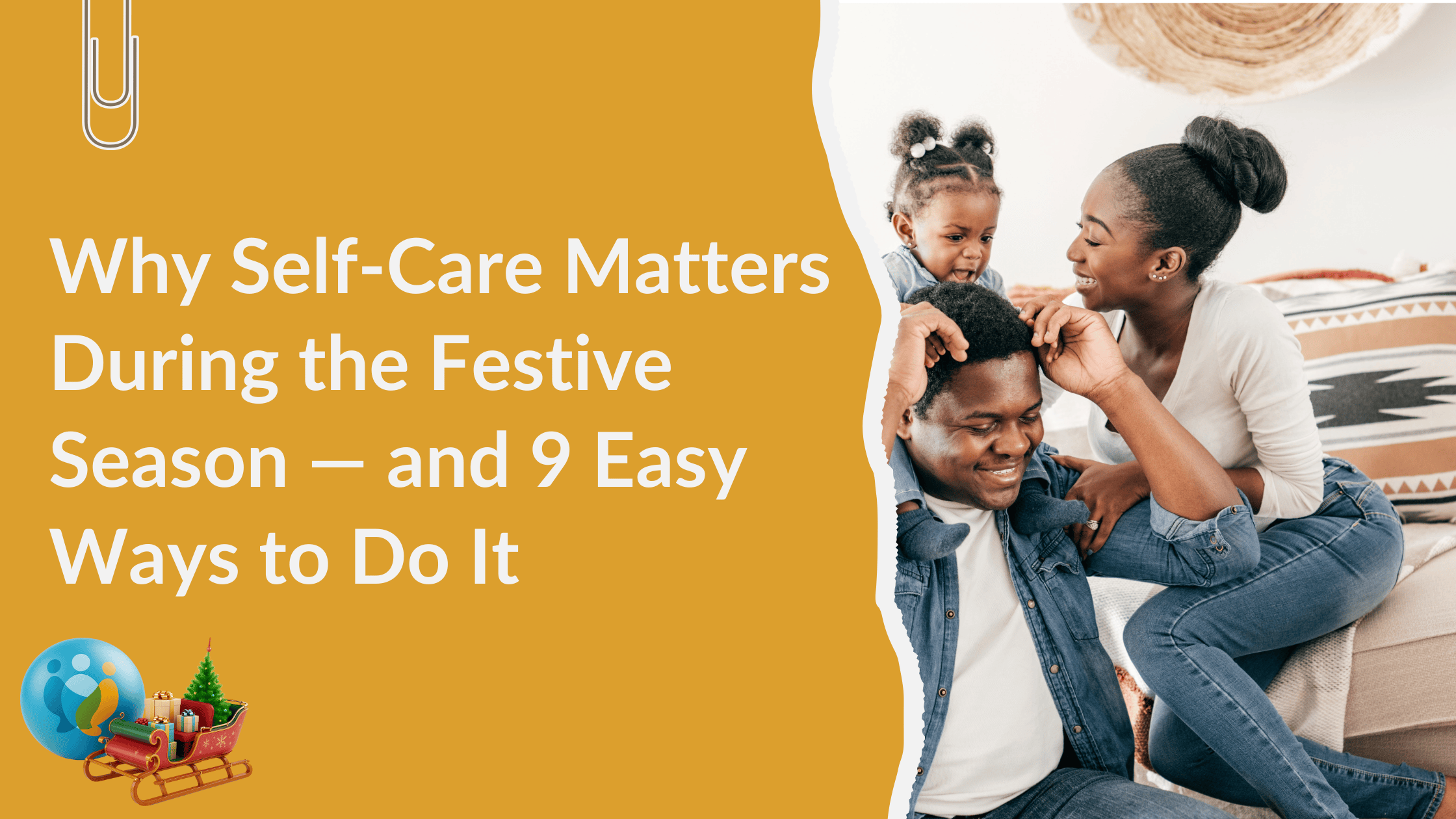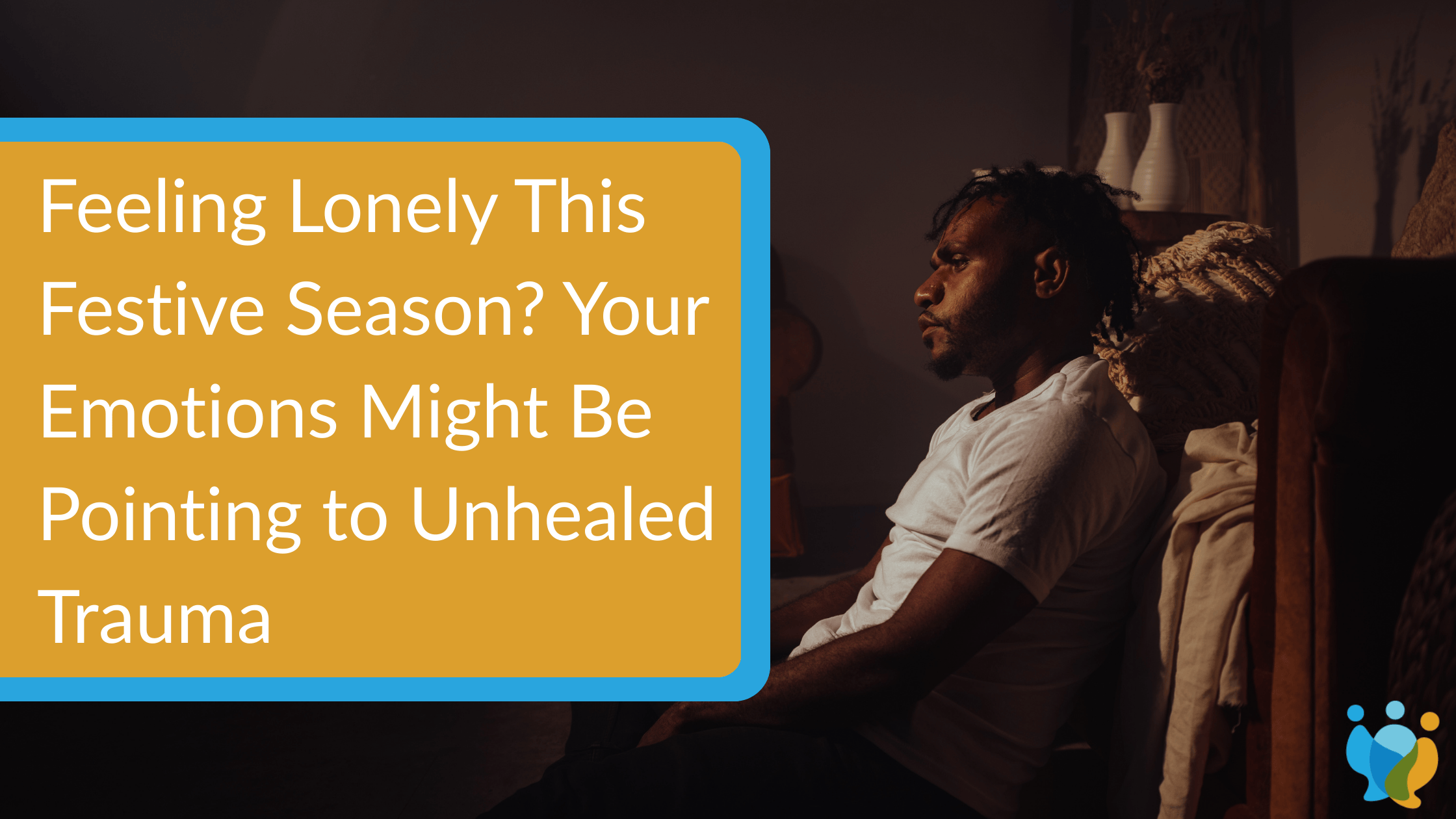The Tragic Trauma in Children of Addicts and Alcoholics

The Tragic Trauma in Children of Addicts and Alcoholics
Omondi dreaded coming home from school each day, never knowing what state he’d find his father in. Ever since losing his job, Omondi’s dad had been drinking heavily. Most nights, he would shout in anger or be violent while drunk. Omondi felt constantly anxious, walking on eggshells to avoid provoking his father’s rage. The physical and emotional abuse took its toll—Omondi struggled with depression and thoughts of running away.
Like many children of alcoholic or addicted parents, Omondi was forced to grow up too fast while neglecting his own needs and healing. These adverse childhood experiences can profoundly impact mental health and relationships long into adulthood. Having an addicted parent, especially an abusive one, often leads children down difficult paths.
This article discusses what it’s like to live with an alcoholic or drug addict, how children adopt, and how it affects them in adulthood.
What it’s Like Living with an Addict or Alcoholic as a Child
When someone you live with is addicted to alcohol or drugs, life gets really hard, especially for a child. Your home, which should be a safe and happy place, becomes uncertain and scary. If it’s a parent who is addicted to drugs or alcohol, they may break promises or have angry outbursts when they are drunk or high.
They may act in ways you don’t recognize. Like Omondi, the child has to walk on eggshells, unsure of what mood they’ll come home to. This unstable environment becomes the child’s normal, even though they hate it. Other kids get to relax after school, play with friends, and focus on homework. But a child with an addict or alcoholic parent spends their free time taking care of siblings, cleaning up messes, or worrying about their parents’ dangerous behaviors. These children feel anxious and isolated trying to keep the secrecy of what happens at home.
You probably can relate to the above if you grew up in such a home. These memories can cause you to feel extremely sad or angry. If it does, it may mean you still haven’t dealt with it fully. Talk to a professional counselor who is an expert in child trauma therapy in Kenya to help you find inner freedom and peace from the trauma.
How Young Children of Addicts and Alcoholics Adopt
Growing up with an addicted or alcoholic parent denies children the stable, nurturing environment critical in early development. The constant uncertainty within the home is both frightening and confusing for them. In attempts to find coping strategies and self-protect, children unconsciously take on certain supportive roles. Researchers have identified six roles common in young kids with addiction in the family. Let’s discuss each.
The Hero
The hero child believes it is their responsibility to care for the family and make difficult situations better. They are mature for their age, striving to achieve perfectionism and control in an out-of-control home. Seeking praise and validation through accomplishments, the young hero puts enormous pressure on themselves, denying their own needs.
Always assuming the parental role, the hero child makes sure there is food in the house, younger siblings are cared for, messes are cleaned up, and family members have what they need. This excessive burden and hyper-focus on achievement often comes at the expense of the hero’s own emotional, physical, and social development.
The Adjuster
The adjuster adapts to the instability and constant unrest of growing up with addiction. They expertly read mood changes around substance use, quickly modifying behaviors to restore balance and order. This hypervigilance allows the adjuster to predict and avoid stressors but hinders developing their own stability.
Living in an unpredictable environment, adjusters learn how to go with the flow, and not become too attached to any plan or routine, as it can unpredictably change. They learn how to keep the peace, ease tension, and calm others when emotions are volatile around substance use in the home. This makes adjusters lose connection with their own preferences and emotions in order to tend to the unpredictability around them.
Related: Are You Struggling With Father Wounds? Here’s How To Heal
The Scapegoat
Acting out their inner distress outwardly, the scapegoat gets routinely in trouble at home and school. They draw negative attention from the family, which can be a relief for other siblings. Scapegoats invoke reactions from others, which offers a sense of control because they often feel powerless at home. The scapegoat transfers the emotional chaos from the home environment into disruptive behaviors and misconduct. This pulls focus onto them instead of the dysfunctional home and addicted parent.
Scapegoats lie, steal, start fights, and provoke others as outlets for their pain and ways to feel a sense of dominance when everything at home feels out of control. They often get labeled as the “problem child” and carry the blame for challenges in the family, when deeper down, it stems from addiction-fueled instability.
The Lost Child
Invisible and forgotten, the lost child disappears quietly into the background of a chaotic, loud home environment. They seek safety in isolation, spending much time alone and detached. Lost children try to avoid the painful reality of addiction by escaping being noticed through extreme compliance, shyness, or avoidance.
Lost children make themselves emotionally and physically absent, spending increasing amounts of time in their bedroom, in fantasy, or immersed in solitary activities. They freeze out problems in the home by making themselves invisible and overlooked within the family. This social disconnection removes them from some distress but also means no one checks in on them or meets their needs. Lost children often fall through the cracks, receiving little support as they hide distress behind an extremely self-contained exterior.
The Placater
Focused on the feelings of others first, placaters reduce tension and maintain peace through cooperation, compliance, and avoidance of conflict. They will inhibit personal needs to please, care for, and emotionally support addicted parents and family members. Saying no causes great anxiety for the peacekeeping placater. As the family’s emotional caretaker, placaters can easily notice shifting moods in the house around addiction.
They carry a tremendous burden trying to keep the peace, cheer people up, mediate conflicts, and maintain a sense of stability within the chaos. By continuously downplaying their own emotions to lift others and “keep the addict happy,” placaters suppress natural developmental needs like feeling safe expressing all emotions or asking directly for what they want. Their childhood revolves around supporting the fragile family.
The Mascot
Using humor as a coping mechanism, the mascot eases strain during traumatic and painful events to ease their own distress. Making jokes, being silly, or clowning around helps numb difficult emotions and fosters a sense of control when surrounded by addiction-induced chaos outside their control. The mascot takes on the role of comic relief and entertainment to neutralize dark realities in a home with addiction.
They use humor, cheekiness, and charm to reduce tension, steer conversations to lighter tones, and pull attention toward their silly acts rather than painful family problems rooted in substance abuse. This allows other members to disengage from troubles temporarily and provides the mascot an escape from grappling with harsh truths. However, beneath the joking exterior lies unresolved grief, anger, and wounds from a volatile upbringing requiring eventual care in order to healthily develop self-identity.
If you grew up in a home with an addict, which role did you adopt? Leave a comment below or get in touch with us, and let’s have a conversation about it.
Children of Addicts and Alcoholics in Adulthood
Ken started drinking more each evening to unwind from his high-stress job. Though his wife Emma worried about his increasing alcohol use, Ken dismissed her. He believed the alcohol helped ease his chronic anxiety and insomnia, which he has had ever since he was a middle-aged child. Growing up, Ken’s father was an alcoholic who exploded in anger and violence when drunk. His mother felt helpless and never did much to stop the abuse or leave. He never felt safe and carried emotional scars into adulthood. At Emma’s urging, Ken finally saw a therapist. Together, they realized Ken was falling into addiction patterns from his traumatic childhood.
What Ken was going through is one of the tragic impacts of growing up in a home with an addict or alcoholic. Studies have shown that a person is eight times more likely to become an addict or alcoholic if they grew up in a home with an addict or alcoholic—unless they actively take precautions to avoid falling into that trap. Other effects you may experience as an adult from living with an addict or alcoholic as a child are:
- Difficulty with intimate relationships: distrust, distance, and abandonment issues
- Mental health problems: depression, anxiety disorders, emotional dysregulation
- Low self-esteem and self-worth
- Social struggles: isolation, codependency, people-pleasing tendencies
- Inability to set healthy boundaries
- Challenges parenting your own children
- Repeating family dysfunction and abuse
- Self-destructive behaviors: self-harm, eating disorders, risky sexual behavior
- Post-traumatic stress responses: flashbacks, nightmares, hypervigilance
- Physical health problems: chronic pain, insomnia, unexplainable body ailments
Clarity Counseling and Training Centre has experts in child trauma therapy in Kenya who understand the emotional and mental effects adults who grew up in homes of addicts and alcoholics go through. We have helped clients connect the impact of their childhood traumas on their adult behavior and how to overcome them. We will help you learn to let go, acquire healthy coping mechanisms, and set relational boundaries. Do not let your past hinder you from becoming a better and more empowered you. Talk to us today.









